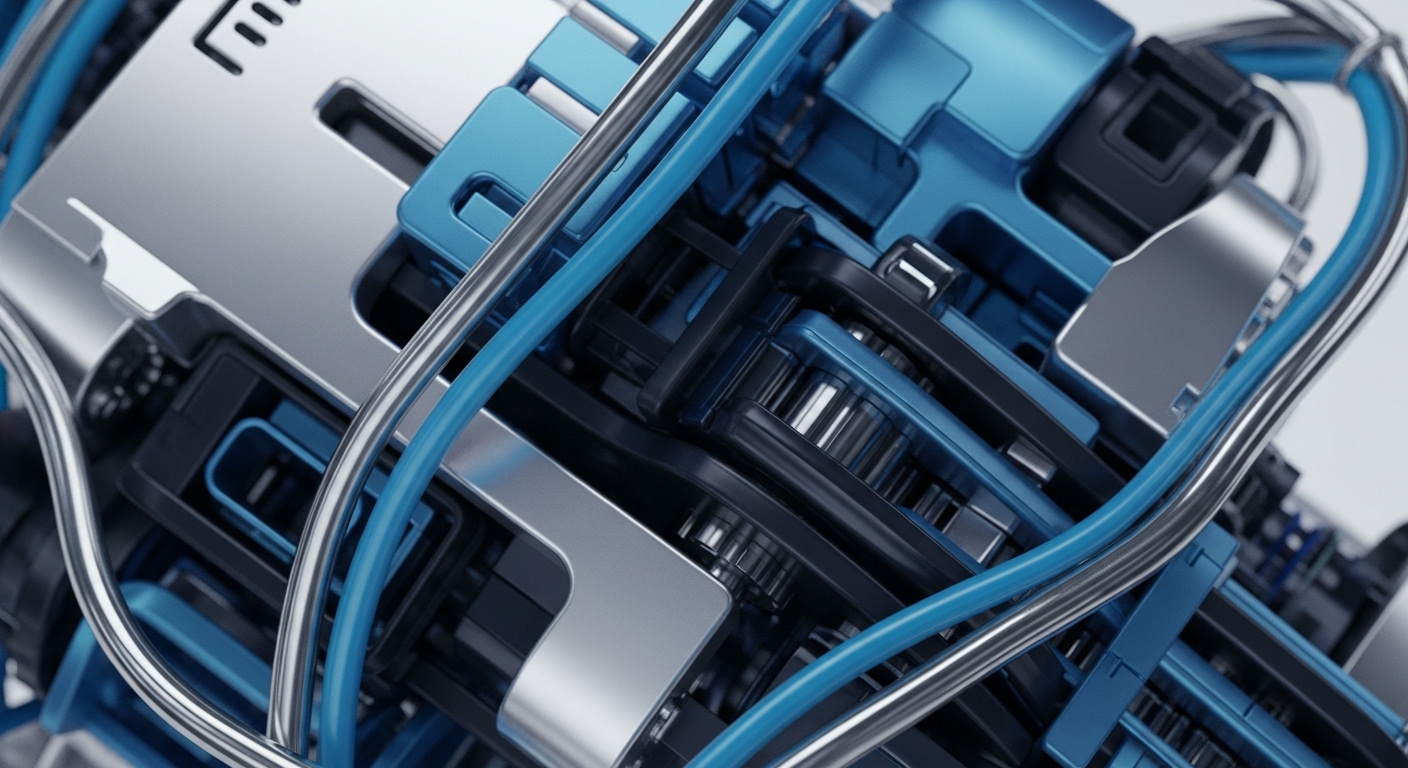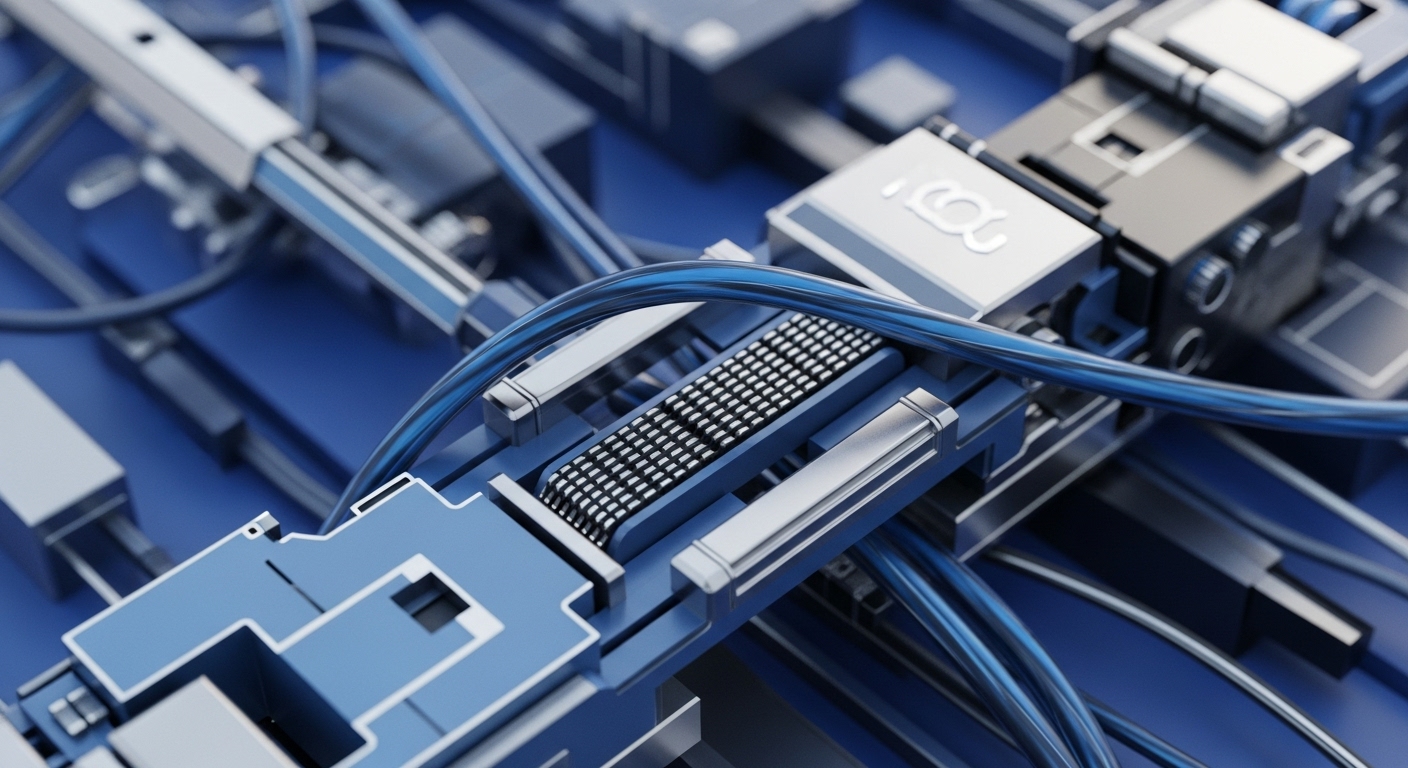
Briefing
The blockchain oracle problem, a critical limitation preventing decentralized systems from reliably accessing external data, finds partial alleviation through the strategic integration of Artificial Intelligence. This research posits that AI, by enabling advanced anomaly detection, precise language-based fact extraction, and dynamic reputation modeling, significantly enhances data quality and system resilience within oracle designs. AI functions as a sophisticated complementary layer for inference and filtering, effectively augmenting existing oracle capabilities without replacing the fundamental trust assumptions inherent in bridging on-chain and off-chain realities, thereby necessitating hybrid architectures combining AI with cryptoeconomic incentives.

Context
Before this research, the foundational challenge of the blockchain oracle problem stemmed from the inherent inability of decentralized ledgers to independently verify external, real-world information. While blockchain guarantees the integrity of data once on-chain, it cannot confirm the veracity of off-chain inputs. This necessitates intermediaries, known as oracles, which, despite their utility, reintroduce trust dependencies and single points of failure, directly contradicting the trustless ethos of blockchain technology and leading to vulnerabilities and financial losses.

Analysis
This paper introduces the core idea of integrating various AI techniques to bolster existing oracle mechanisms. The proposed methodology involves leveraging AI for tasks such as anomaly detection to identify suspicious data inputs, language-based fact extraction for processing unstructured external information, and dynamic reputation modeling to assess the trustworthiness of data sources and oracle nodes. This approach fundamentally differs from previous methods that primarily relied on cryptoeconomic incentives, multi-source aggregation, or Trusted Execution Environments alone. The breakthrough lies in applying AI as an intelligent filtering and enhancement layer, providing a more adaptive and resilient means to process and validate external data before it reaches the blockchain, thereby improving data quality and system robustness.

Parameters
- Core Concept → Blockchain Oracle Problem
- New Mechanism → AI-Enhanced Oracle Systems
- Key AI Techniques → Anomaly Detection, Language-Based Fact Extraction, Dynamic Reputation Modeling
- Key Author → Caldarelli, G.
- Publication Platform → arXiv
- Publication Date → July 2025

Outlook
The forward trajectory of this research area involves the development of hybrid oracle architectures that seamlessly integrate AI’s analytical power with robust cryptoeconomic incentives and decentralized governance structures. In the next 3-5 years, this theory could unlock real-world applications requiring highly reliable and contextually aware off-chain data, such as sophisticated DeFi protocols with adaptive risk management, verifiable supply chain provenance systems with intelligent anomaly detection, and dynamic identity management solutions. New avenues of research will likely explore the formal verification of AI components within oracle systems and methods for achieving deterministic AI outcomes suitable for blockchain consensus.

Verdict
This research definitively establishes AI as a critical, yet complementary, layer for enhancing blockchain oracle reliability, affirming that fundamental trust assumptions persist in off-chain data integration.
